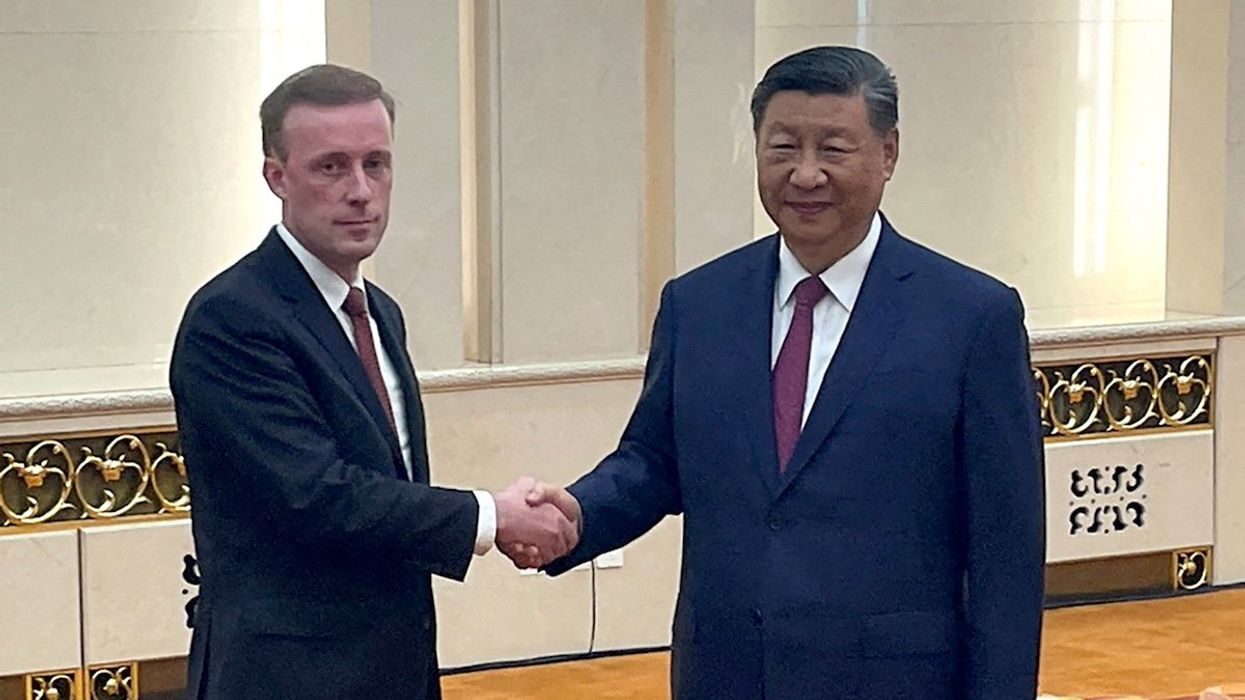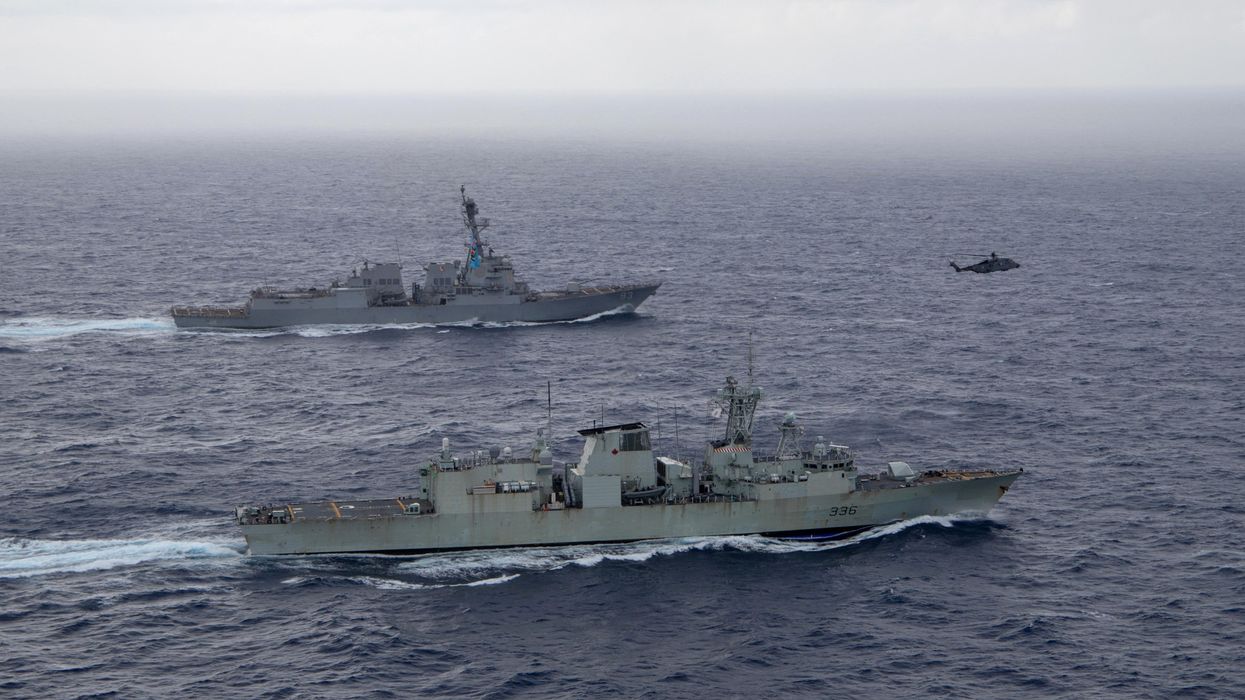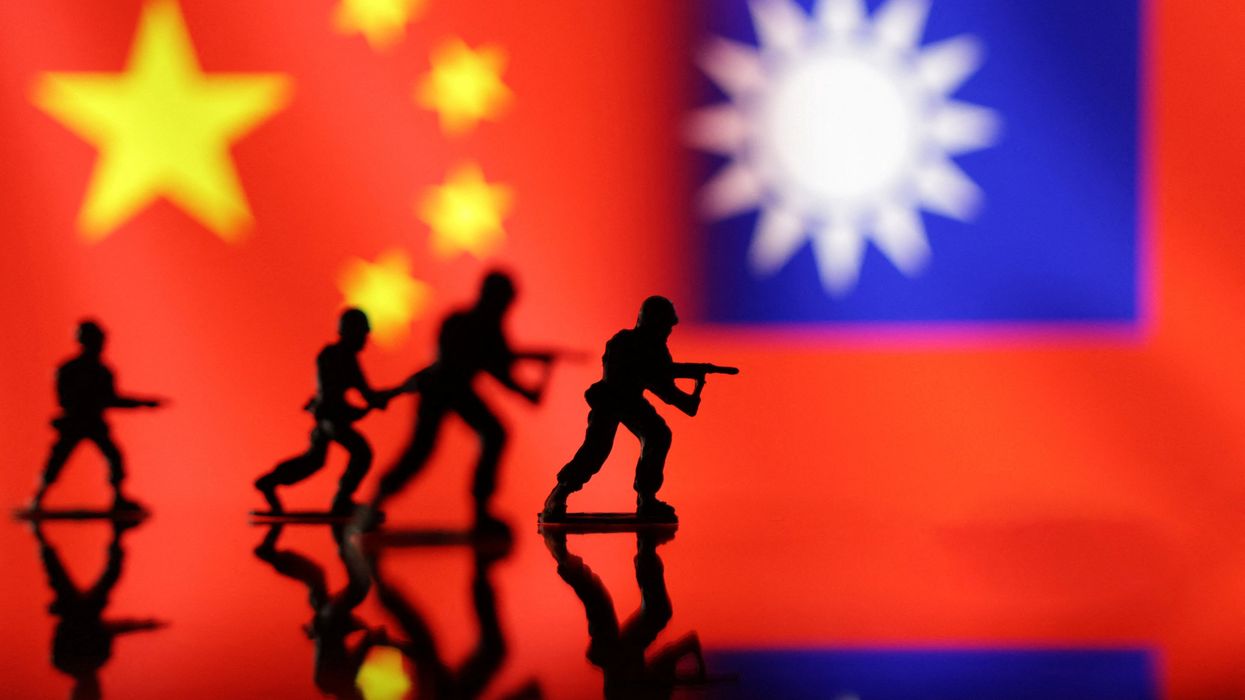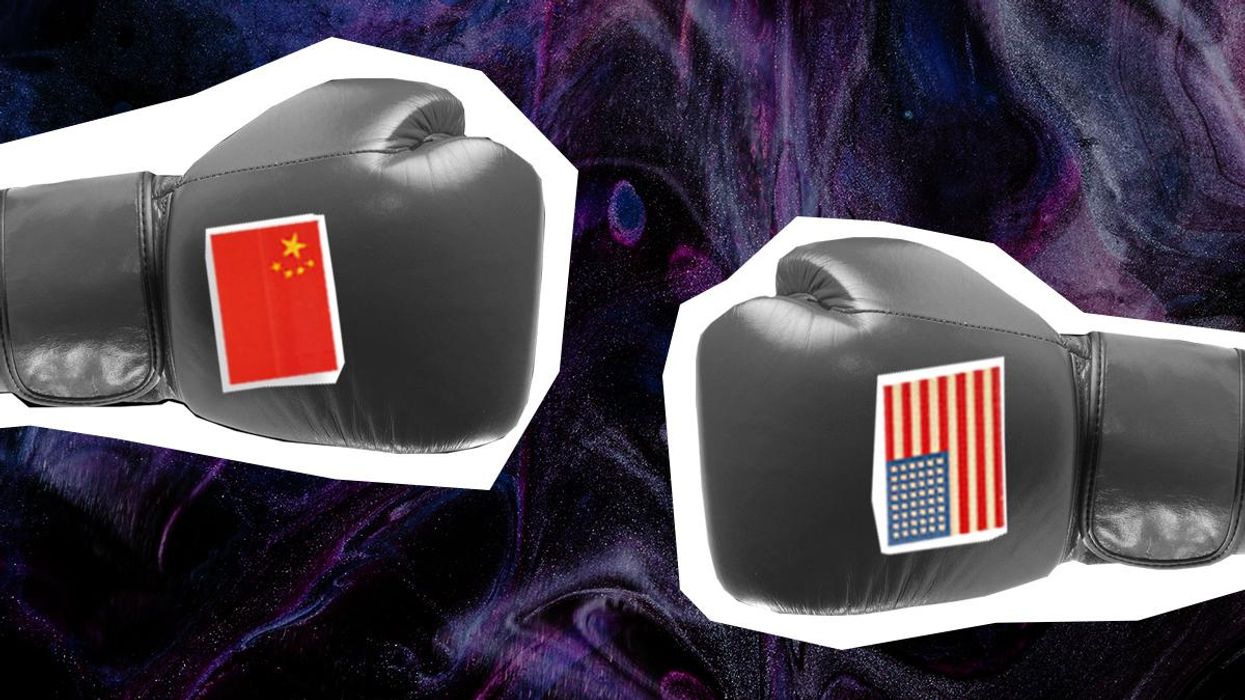What We're Watching
Sullivan trip sets up Biden-Xi call
Chinese President Xi Jinping struck a conciliatory tone when he met with US national security adviser Jake Sullivan on Thursday, after three days of talks aimed at managing tensions in the US-China relationship.
Aug 29, 2024




